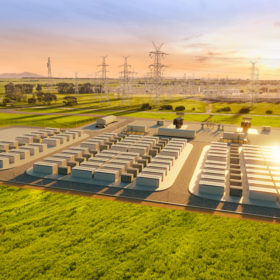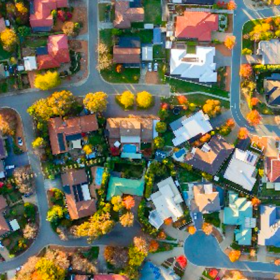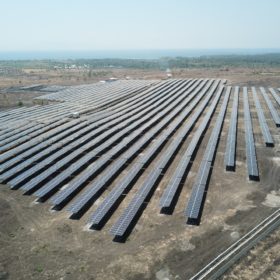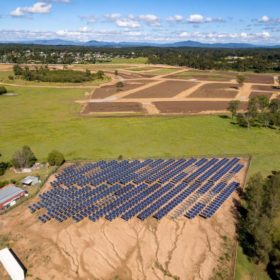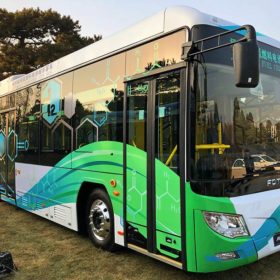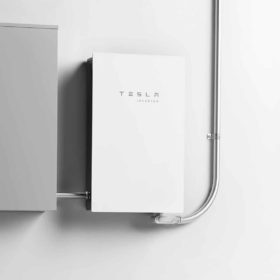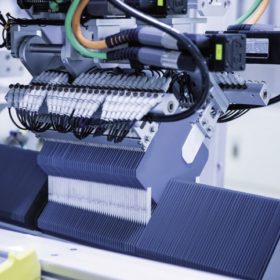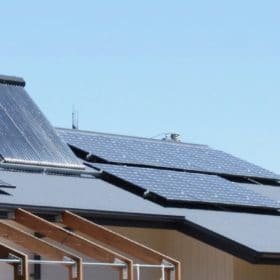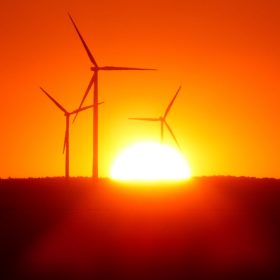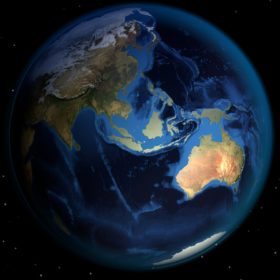WoodMac predicts 30% drop in Asia Pacific front-of-the-meter battery costs by 2025
A new report from Wood Mackenzie suggests costs of front-of-the-meter battery storage systems in the Asia Pacific region could decline by 30% by 2025. The declining costs are already having a palpable impact as 2021 has opened with a slew of large-scale battery project announcements.
A duck for coal generators in VIC as twin outages failed to register through strong solar
Two outages at coal fired power generators in Victoria last weekend failed to faze the energy market as strong solar uptake ensured wholesale prices actually fell into the negative despite major units going offline at the height of summer.
Eastern Indonesia may become hub for large scale PV deployment
The Indonesian government has announced the construction of a big PV plant in the eastern part of the country, explaining that the region is particularly suitable for solar development due to its dry climate and high solar radiation levels. The region is indeed the most suitable area for solar parks, due to land availability and high electricity generation costs.
International partnership to develop solar hydrogen plant at QLD college and golf academy
The Hills International College and Golf Academy in Jimboomba, Queensland (QLD), which boasts former World Number 1 Jason Day as an alumnus, is partnering with Sydney-based renewable energy outfit Energy Estate to develop the Jimboomba Renewable Hydrogen Plant.
Hydrogen buses are on their way to Australia
Governments around Australia are hustling to transition their bus fleets to cleaner fuels such as green electricity or hydrogen. Companies around the world are hustling to ready their hydrogen buses to meet the demand.
Tesla launches solar inverter
The EV manufacturer with big solar ambitions has finally leveraged its expertise in power electronics technology and launched a solar inverter.
Weekend read: Big, and then bigger
Throughout 2020, a fast-moving story played out in PV module technology, with the introduction of larger wafers and subsequently larger module formats seeing the industry break into two camps, backing either 182 mm or 210 mm wafers. It remains to be seen whether one or the other will become a new industry standard, and both sizes will likely be plentiful on the market for the next few years at least. pv magazine takes a look at how we got to this point.
ACT’s rooftop solar boomed in 2020
The Australian Capital Territory’s latest Feed-in Tarrif report found that Canberrans are increasingly contributing to their territory’s 100% renewable energy supply thanks to the increasing uptake of rooftop solar.
Complementary hybrid PV systems can reduce reliance on storage
Looking back over years of research into the topic of hybrid systems based on different combinations of solar, wind, hydro and other renewables, an international group of scientists found strong potential for strategies to exploit complementarity between the different sources integrate more intermittent renewables onto regional and national grids. The scientists present a series of conclusions and recommendations that aim to push research in hybrid renewables forward.
Woodmac predicts APAC renewables growth but coal resilience in 2021
Wood Mackenzie’s Asia Pacific predictions for the energy market in 2021 are in. The firms analysts see wind and solar continuing to grow throughout the region driven by China, but notes that gas and coal aren’t going anywhere fast.
